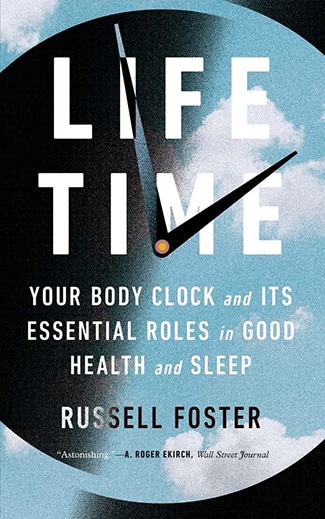
Unlock Better Sleep and Health by Harnessing Your Circadian Rhythm
The Art of Manliness
00:00
Chronotype: Shaped by Genetics, Age, and Hormones
Chronotypes, or individual preferences for morning or evening activity, are influenced by genetics, age, and hormonal changes. Genetic variations in key clock genes can predispose individuals to be morning or evening people. Age significantly impacts chronotype; as children reach adolescence, there's a tendency to stay up later, peaking around ages 19.5 for women and 21 for men. After this peak, typically in their late teens and early twenties, individuals gradually shift towards being morning-oriented, coinciding with hormonal variations. By the late fifties to early sixties, sleep patterns resemble those of pre-puberty, with a notable advancement to earlier bedtimes compared to their younger years.
Transcript
Play full episode



